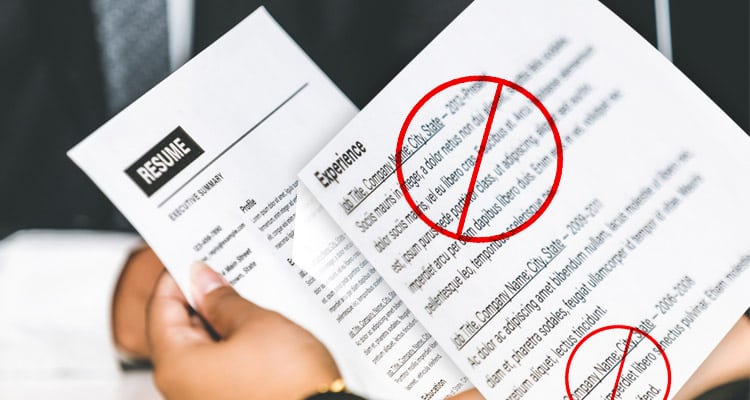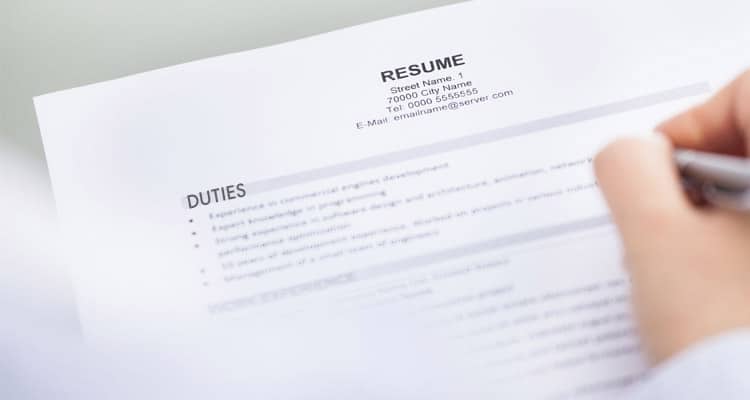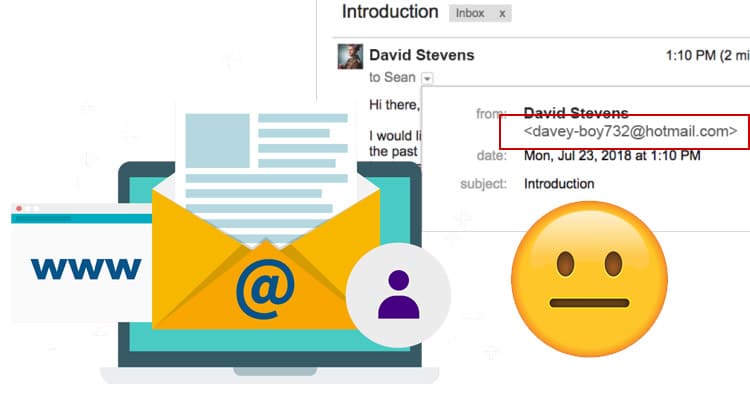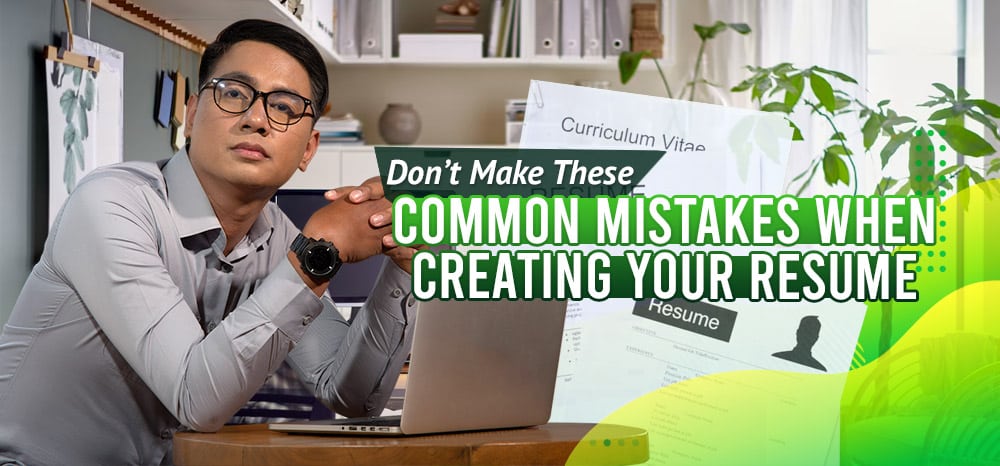It is pretty straightforward to apply for jobs. All you need to do is submit your resume (along with your cover letter).
While the task seems simple, it can also be easy to make blunders. To guide you, here are some common resume mistakes and how to avoid them.
Having Typographical and Formatting Errors

One of the most common mistakes is overlooking your grammar usage. Most people won’t think twice to scan their resumes for grammar mistakes after writing them.
But is there a need to do so?
Short answer: yes.
When your resume is jam-packed with grammatical errors, it often gives you the impression of being unprofessional. It also sends out a message to the recruiter—that you don’t pay much attention to the finer details.
And while this may not be true, they could also think that this is how you will perform on the job.
As such, after creating your resume, make sure to run it through a grammar checker. (There are many free online programs you can use, like Grammarly.)
Afterward, take time to double-check your resume. Some mistakes may have gotten past the first round of editing.
Making Your Resume Too Long

Most, if not all, recruiters go through hundreds of applications in a day.
Thus, they don’t have the luxury of time to read through each resume meticulously. Your job application may be skipped if it is too lengthy.
If your current resume is more than a page long, consider trimming it down. However, it also depends on the position you are applying for and the years of experience you have.
For instance, if you are eyeing an executive role, hiring managers would expect 2-3 pages from you. However, if you are applying for a rank and file job, then one page would suffice.
Writing Down Irrelevant Work Experience

So how do you keep your resume short yet concise?
To start, one of the most common resume mistakes is incorporating irrelevant work experience.
Not only does this lengthen your resume unnecessarily, but it also tells the recruiter nothing pertinent about you.
Make your resume relevant to the job you are applying for. Write down previous work experiences that helped develop relevant skill sets for such.
Not Personalizing Resumes for Each Job Position

On that note, don’t send out mass applications using a canned CV.
Take time to tailor your resume according to the qualifications the company has listed.
Headhunters would know if you have been sending out generic resumes.
Each organization has unique requirements for its open positions. So, take this chance to let them know about your skills and experience that make you a good fit for these.
Pro tip: Be sure to include keywords within your resume. Some companies are using a system that scans and tracks applications.
Highlighting Duties Instead of Achievements

Another one of the most common resume mistakes to avoid is putting too much emphasis on duties and responsibilities.
While such information is important, it would be more interesting for a recruiter to know what your accomplishments were during your time in a company.
Doing so will set you apart from other prospects and will better show what you can bring to the organization. It also gives the hiring managers a more concrete idea of your capabilities.
Using An Improper Email Address

Lastly, don’t send your application using a random email address. Forget about those email addresses you made in high school. (Those email addresses like babygirl@xxxxx.com and bhoxczsmalup3t@xxxxx.com—yeah, it’s time to let them go.)
Do yourself a favor and create a professional-sounding email. Don’t forget to update your contact information while you’re at it.
Final Word
Constructing a resume is a time-consuming process. However, do take the time to think about what goes into it. After all, it can cost you a job. Or two.
On that note, if you are thinking of applying for a job but don’t know where to start, you might want to check out Remote Staff’s job listings. For over 15 years, the company has provided work-from-home opportunities to countless remote workers. You could be one of them too! Register today.

